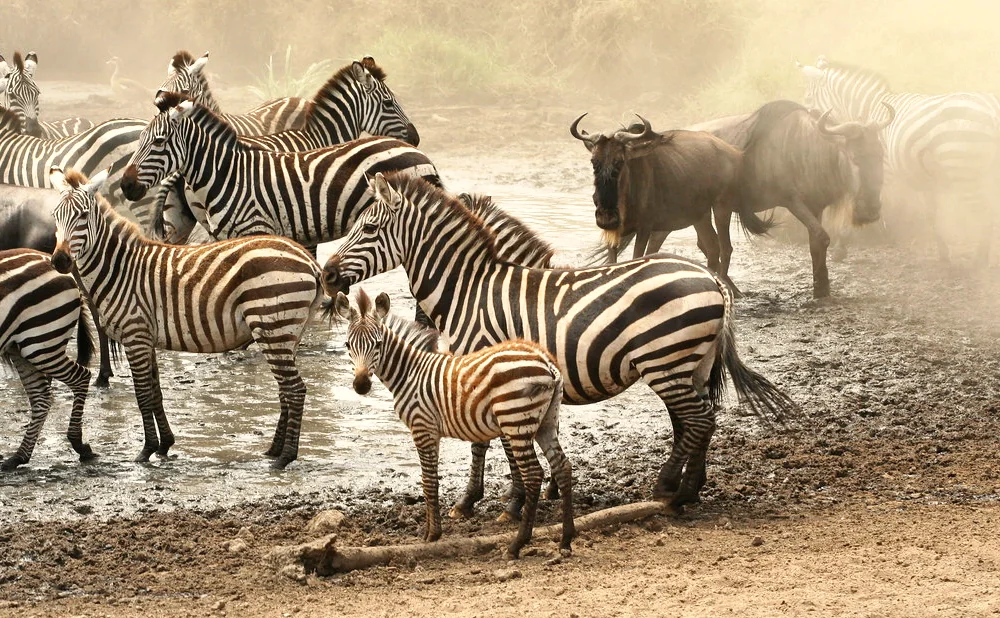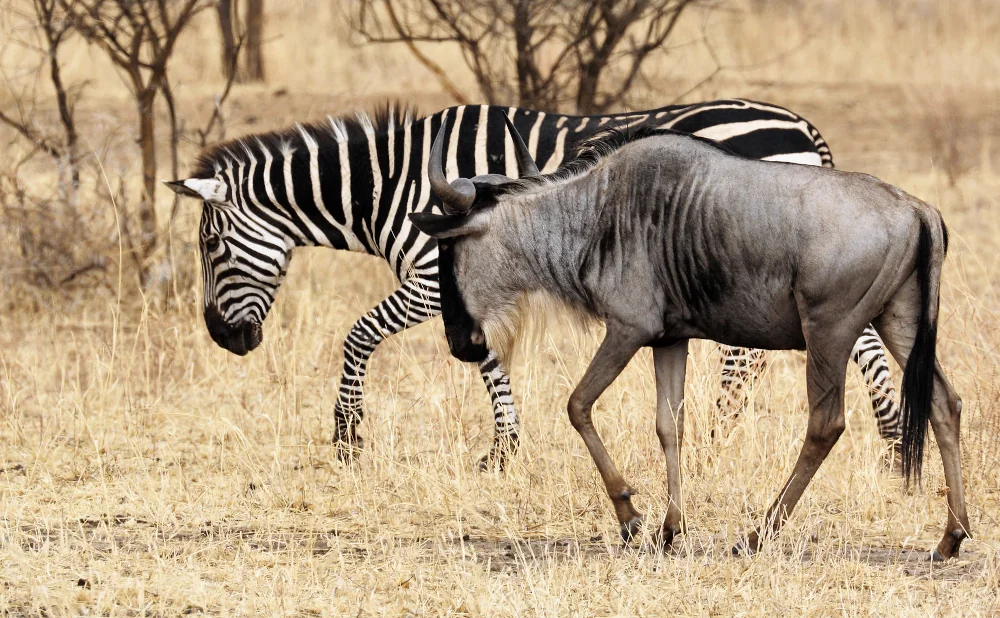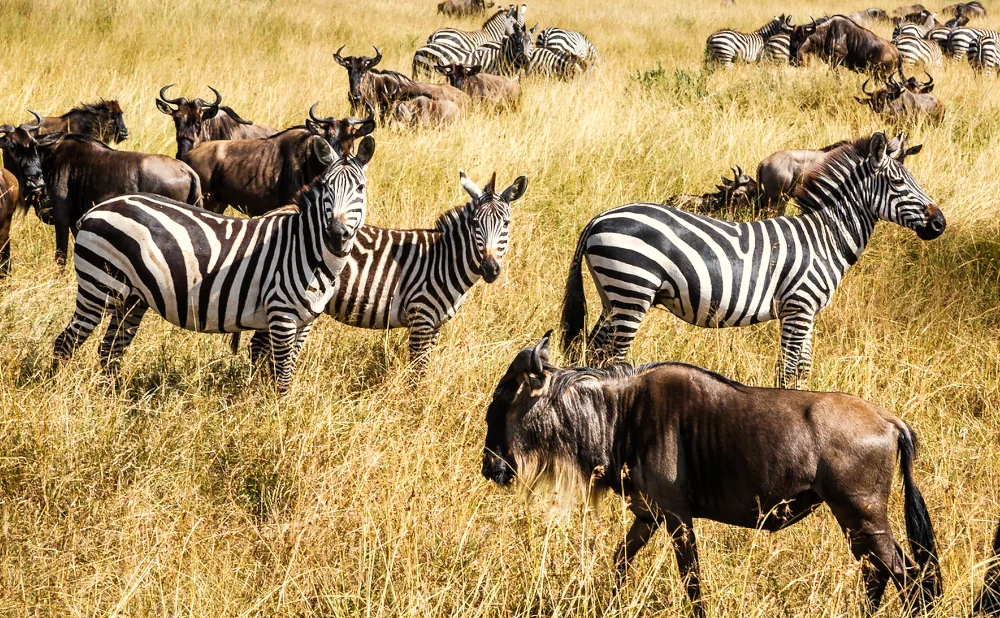why lions dont attack safari cars
When embarking on a safari adventure, one of the most exhilarating experiences is witnessing the majestic lions in their natural habitat. It often surprises newcomers that despite the proximity, lions don't attack safari cars. This phenomenon can be attributed to several fascinating behavioral patterns and environmental factors that govern the interaction between these magnificent creatures and safari vehicles.
Understanding Lion Behavior
Lions are inherently territorial and social animals, living in prides with a complex social structure. Their primary focus is on their territory, pride members, and hunting prey for sustenance. Safari cars, on the other hand, do not resemble the prey that lions hunt. These vehicles are typically large, noisy, and emit unfamiliar smells, which do not trigger a lion's hunting instincts. Instead, lions perceive them as non-threatening, neutral objects within their environment.
The Role of Safari Vehicles
Safari vehicles are designed to blend into the natural surroundings of the wildlife parks. Their engines produce a consistent sound, and their shape and color do not resemble any natural prey or predator. Over time, lions have become accustomed to the presence of these vehicles, viewing them as part of the backdrop of their habitat. This habituation means that lions don't regard safari cars as a threat or something to engage with.
Safety Protocols in Safari Parks
Another crucial factor is the strict safety protocols implemented by safari parks. Guides are trained to maintain safe distances and adhere to park rules that prevent vehicles from disturbing the animals. By following these guidelines, safari tours ensure that the animals, including lions, remain undisturbed by human interference. This respectful distance further reinforces the lions' perception of safari vehicles as non-threatening.
The Big Five and Where to See Lions
When planning a safari, witnessing the "Big Five" — lions, leopards, rhinoceros, elephants, and buffalo — is a common goal for many tourists. The best parks to see lions include Serengeti National Park in Tanzania, Kruger National Park in South Africa, and Maasai Mara in Kenya. These parks offer guided tours that prioritize both safety and a rich wildlife experience, allowing visitors to observe lions up close without endangering themselves or the animals.
In conclusion, the reason lions don't attack safari cars lies in their behavioral patterns, the design and operation of safari vehicles, and the adherence to safety protocols by park authorities. These factors create a harmonious balance between humans and wildlife, allowing for incredible experiences without compromising safety. As you plan your next safari adventure, rest assured that these majestic creatures will continue to grace the savannas without perceiving safari vehicles as a threat.
Have you experienced a lion sighting on a safari? Share your story in the comments below!











